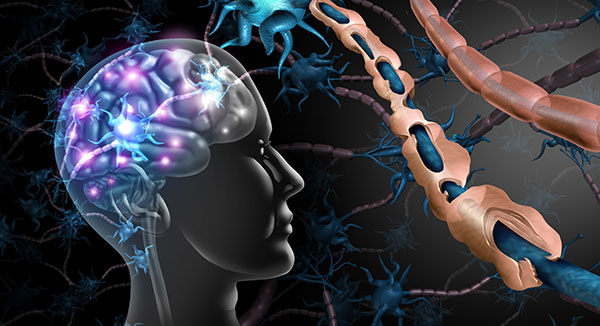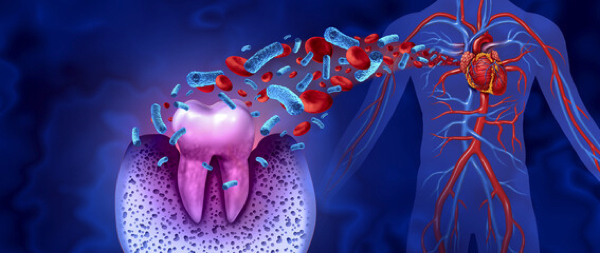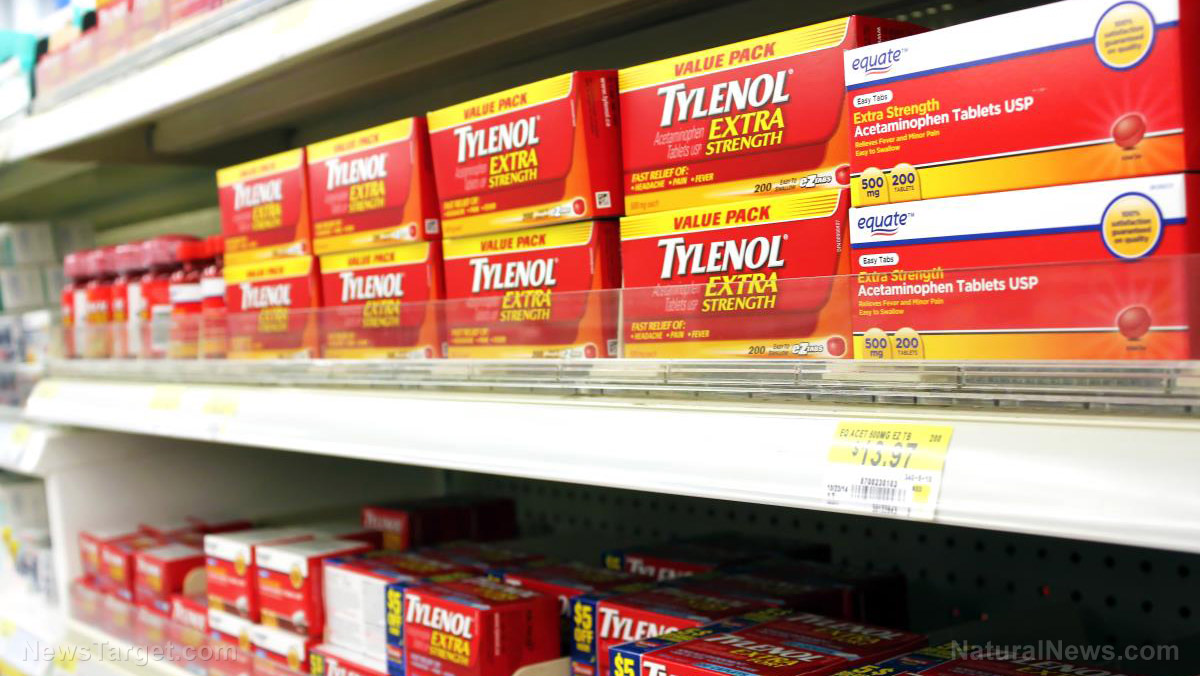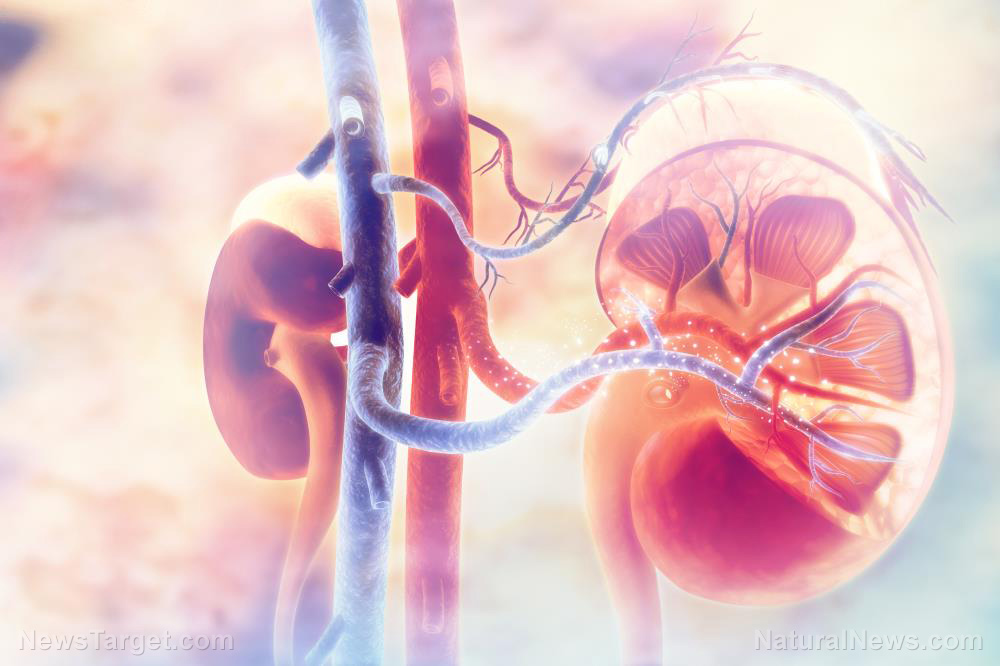“Regenesis” on BrightU: Experts discuss systemic health sabotage and hidden environmental dangers
10/26/2025 / By Jacob Thomas

- On Day 1 of the “Regenesis by Jonathan Otto,” Jonathan Otto exposed the presence of hidden toxins, including formaldehyde, heavy metals and pesticides, in common items such as hospital curtains, tap water and food.
- He detailed the alleged role of corporate greed and government negligence in creating what he described as a “toxic minefield” in modern life.
- Otto and his guests explored how mineral deficiencies are driving chronic illnesses such as diabetes and autoimmune diseases.
- The episode presented the series as a “data-driven rebellion,” highlighting contributions from whistleblowers, leaked studies and political insiders to challenge a system they claimed prioritizes profits over patient safety.
On Day 1 of the “Regenesis by Jonathan Otto,” aired on Oct. 25, host Jonathan Otto discussed mainstream medicine and global health authorities, alleging a coordinated effort by powerful industries to keep the public chronically ill. The series premiere, “Regenesis begins: Break free from a system built to keep you sick,” and its accompanying bonus episode, “The unseen connection: How environment, emotion and energy secretly shape your health,” pull no punches in outlining what they describe as a hidden epidemic driving a surge in environmental illnesses.
Episode One delved into a sweeping conspiracy, following a money trail that it claims connects big industries like pharma, food and the military-industrial complex in a collaborative effort that works against your health. The episode uncovered a shocking truth about how these sectors profit from public sickness rather than promoting genuine wellness.
The premiere also tackled specific, long-standing public health policies, taking aim at the widespread use of fluoride in municipal water supplies. It exposed what it calls the flawed original studies that initially convinced cities to add the chemical, framing it not as a dental health measure, but as a decision to poison the water supply.
Adding a tangible, immediate threat to its narrative, the episode highlights a hidden mold crisis affecting up to 50 percent of buildings. Otto argued that water damage in homes and workplaces creates a pervasive environment for toxic mold, which it identifies as a silent destroyer of health, contributing to the fatigue, pain and chronic conditions plaguing an estimated 20 percent of the population.
Further escalating its claims, Otto explored the growing concern around international health authorities claiming unprecedented powers to control global health crises, a topic that taps into ongoing global debates about governmental overreach and medical freedom.
The companion Bonus Episode 1 shifted focus to the internal and often invisible factors shaping health. It launches a direct assault on the modern food system, asserting that real nutrition doesn’t come in wrappers or ingredient lists and boldly declaring that ultra-processed products aren’t food at all.
The bonus content also delved deep into the mind-body connection, arguing that trauma, both major and minor events, creates a hidden trauma connection that triggers dangerous stress responses. A central, alarming claim of the episode is that most people never return to a normal stress response, instead mentally reliving traumatic events and perpetuating harmful physiological reactions that keep the body trapped in a perpetual state of survival mode.
Offering a solution, Otto highlighted alternative therapies focused on the spine, suggesting that creating elasticity in the spinal system is crucial for supporting cerebrospinal fluid flow, which in turn optimizes millions of body processes.
With its stark warning that the time to act is now and its framing of chronic illness as a wake-up call rather than just a health scare, “Regenesis by Jonathan Otto” is making a clear bid to become a rallying point for those disillusioned with conventional healthcare.
Want to know more?
If you’re on a path to healing and transformation, you want to dive in deep—on your schedule, not a streaming schedule. That’s why we’re offering a powerful alternative for the truly committed. Own your own copy of “Regenesis by Jonathan Otto” Gold Package here.
When you purchase the complete Gold Package, you will receive immediate lifetime access to the complete video series, expert interviews, six-week health reset sessions, live masterclasses, uncensored masterclasses, nine Regenesis eBooks, live Q&A sessions and so much more.
Sources include:
Submit a correction >>
Tagged Under:
alternative medicine, Big Pharma, chronic illness, conspiracy theory, corporate greed, environmental toxins, Fluoride, global health authorities, government negligence, healing revolution, health freedom, Jonathan Otto, mainstream medicine, mind body connection, Regenesis, spinal health, toxic mold, trauma, wellness
This article may contain statements that reflect the opinion of the author



















